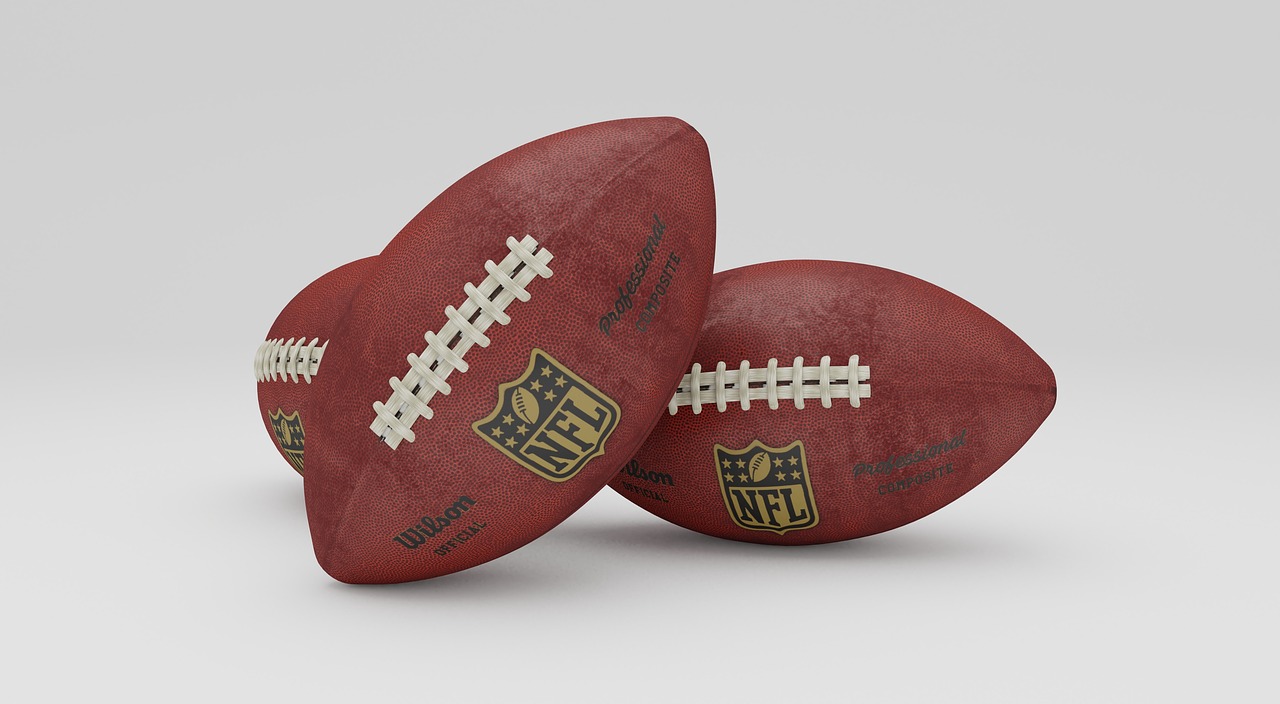
Best Draft Pick At Every Slot
The best NFL draft pick at each slot from No. 1 to 262 reveals fascinating insights about talent evaluation and team strategy. This analysis, based on a deep dive into every draft pick since the common draft era began in 1967, balances individual greatness, team impact, and career longevity. The key takeaway is that the “best” pick does not always mean the highest statistical achiever but rather the player who combined peak performance, accolades, and team success. For example, Peyton Manning stands out as the best No. 1 pick with five MVPs and two Super Bowls, setting records for single-season passing yards (5, 477) and touchdowns (55).
This sets a high bar for first picks, but the story gets richer as we look deeper.
Why Draft Slot Success Depends On Player And Team Fit
A critical factor in determining the best draft pick at each slot is how the player fit with the team that drafted him. The analysis gives an edge to players who stayed long-term and made the franchise successful, rather than journeymen who bounced around. Brett Favre’s career is a good example: though drafted by the Falcons, his greatness is measured primarily by his time with Green Bay. This approach highlights how drafting is not just about individual talent but also about drafting smartly to build winning teams. For instance, Walter Jones, a first-ballot Hall of Fame offensive tackle drafted sixth overall, is regarded as the greatest Seahawk in history, showing how one pick can define a franchise.

Quarterbacks Versus Other Positions In Draft Value
The study deliberately avoids giving quarterbacks an automatic advantage unless absolutely warranted. This means safeties, defensive ends, and offensive linemen can outrank QBs if their careers and impacts have been more significant at their draft slots. Patrick Mahomes, picked 10th overall in 2017, is a rare exception because his three Super Bowl wins and three Super Bowl MVPs place him in a league of his own. Meanwhile, legendary defensive players like Lawrence Taylor (No. 2 pick) and J. J. Watt (No. 11 pick) demonstrate that defensive dominance can outweigh quarterback prestige in draft value discussions. Taylor’s 142 sacks and MVP award in 1986 cement him as the best second overall pick, overshadowing skill-position contenders.
The Importance Of Longevity And Peak Performance
Longevity alone is not sufficient to be the best pick; peak performance and accolades weigh heavily. Emmitt Smith, drafted 17th overall in 1990, leads all rushers with 18, 355 yards and remains the benchmark for career rushing excellence. His sustained dominance over nearly two decades makes him the best pick at his slot. Conversely, Barry Sanders, picked No. 3, retired early but had such a stylistic and cultural impact on the game that he edges out other candidates despite fewer career yards. Similarly, defensive lineman Aaron Donald, selected 13th in 2014, earned eight first-team All-Pro nods and posted a remarkable 20.5 sacks in 2018, illustrating peak dominance even in a shorter span.

Notable Underrated Picks And Surprising Winners
Some of the best picks come from later rounds or less glamorous positions, proving that gems can be found throughout the draft. Danny Trevathan, the best pick at No. 188, defies the common assumption that late picks don’t matter. His solid career proves teams can find impactful players deep in the draft. Meanwhile, Ed Reed, chosen 24th overall, was selected over Aaron Rodgers for best pick at that slot, highlighting how defensive excellence and playoff impact can outweigh even future Hall of Fame quarterbacks. This challenges conventional wisdom and underlines the nuance involved in evaluating draft success.
What This Means For NFL Teams And Fans
For NFL teams, this analysis underscores the importance of strategic drafting beyond just chasing big names early. Smart drafting means valuing fit, peak seasons, and team impact as much as raw talent and career length. For fans, it offers a richer perspective on the draft’s unpredictability and the stories behind each pick. Players like Randy Moss (No. 21 pick, 156 receiving touchdowns) and Justin Jefferson (No. 22 pick, holding multiple receiving yardage records early in his career) show how draft position doesn’t limit greatness. The NFL draft remains a complex blend of art and science where hidden gems and legends alike emerge.
